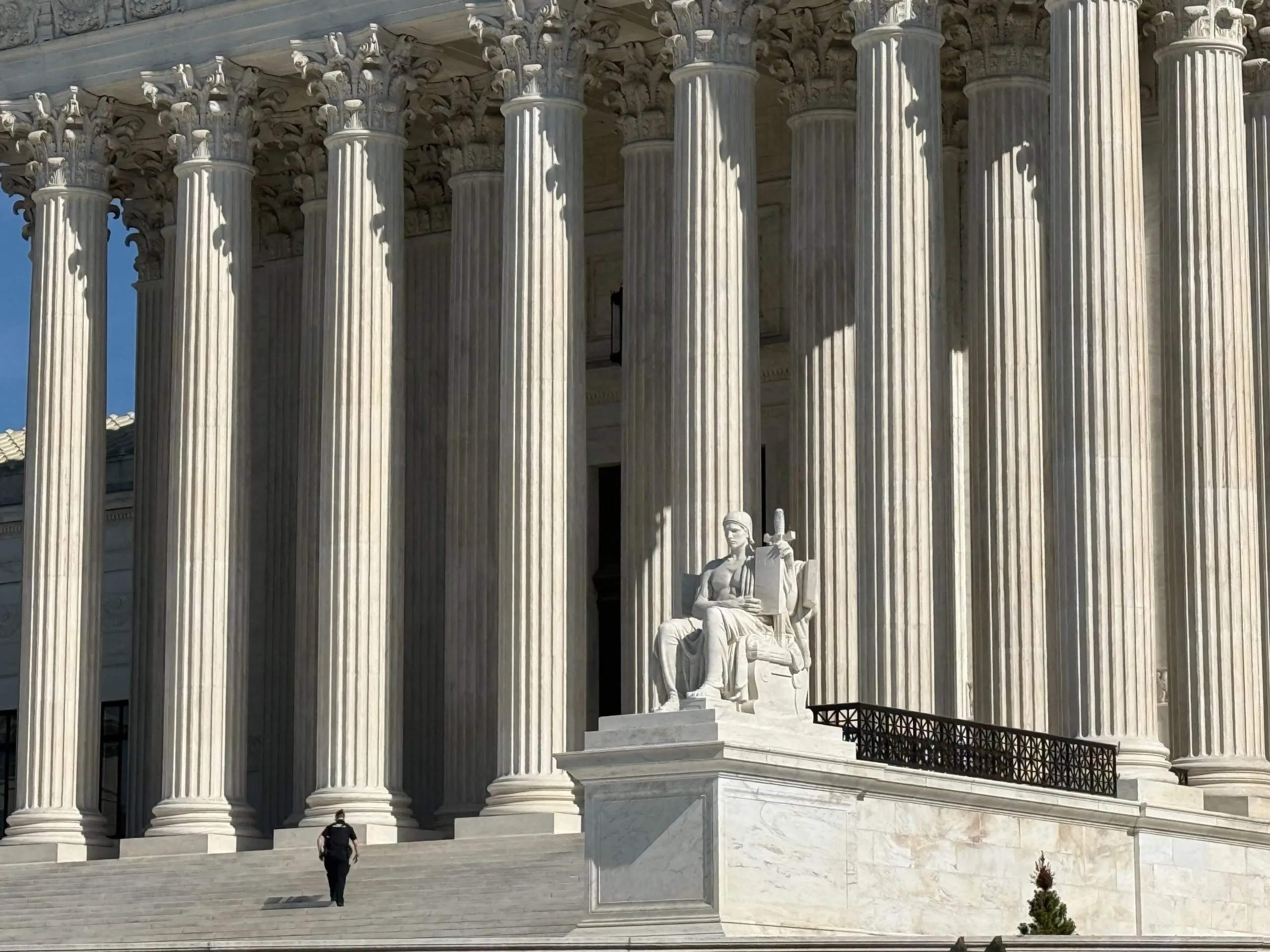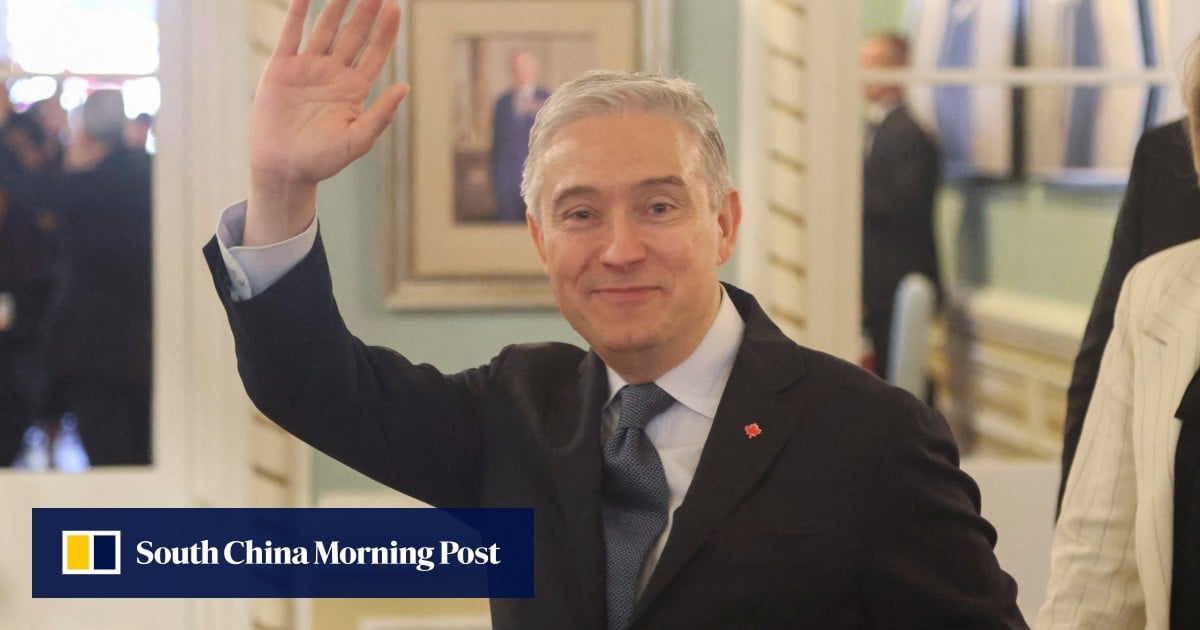Trump Administration Challenges Campaign Finance Limits: VP Vance's Push Sparks Supreme Court Debate

The Trump administration is taking a bold stance against long-standing campaign finance regulations, signaling a significant shift in how political spending is viewed. In a move that has ignited debate, the Justice Department, acting on a request from Vice President Mike Vance, has informed the Supreme Court that it will not defend a key provision of federal law limiting coordinated spending between political parties and candidates.
This decision stems from a challenge brought by the Republican National Committee (RNC), arguing that the current restrictions violate the First Amendment’s guarantee of free speech. The law in question, part of the Bipartisan Campaign Reform Act of 2002 (McCain-Feingold Act), aims to prevent unlimited spending by political parties in coordination with campaigns, designed to level the playing field and reduce the perceived influence of wealthy donors.
Why is this happening now? Vice President Vance has been a vocal proponent of loosening campaign finance restrictions, arguing that they stifle political discourse and limit the ability of parties to effectively communicate with voters. His request to the Justice Department to decline defending the law reflects a broader strategy within the administration to challenge perceived limitations on political expression.
What are the implications? The Supreme Court's decision in this case could have far-reaching consequences for the future of campaign finance in the United States. If the Court sides with the RNC, it could effectively dismantle the coordinated spending limits, potentially leading to a surge in party spending and a shift in the balance of power in elections. Critics warn that such a ruling could further empower wealthy donors and special interests, making it harder for ordinary citizens to have their voices heard.
Legal Background: The case originates from a lawsuit filed by the RNC arguing that the spending limits are unconstitutional. Lower courts have previously upheld the law, but the Trump administration’s decision to forgo its defense presents the Supreme Court with a unique opportunity to reconsider the issue. The Court’s decision will likely hinge on its interpretation of the First Amendment and whether the government has a compelling interest in restricting political spending.
Political Fallout: The move has drawn sharp criticism from Democrats and campaign finance reform advocates, who argue that it undermines efforts to curb the influence of money in politics. Republicans, on the other hand, have praised the administration’s stance as a victory for free speech. The debate is likely to intensify as the case progresses through the courts and becomes a focal point in the upcoming election cycle.
Looking Ahead: The Supreme Court is expected to hear arguments in the case later this year. The justices' decision will not only shape the landscape of campaign finance for years to come but also provide further insight into the current administration’s broader legal and political agenda. This case is a crucial test of the limits of free speech in the context of political spending and its potential impact on the democratic process.






